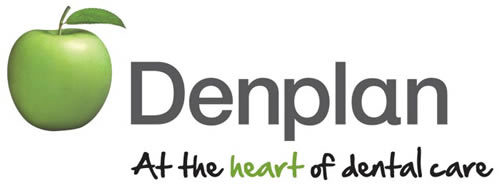Oral Hygiene at Carlisle Dentist
We want you to keep your own teeth for as long as possible
Oral hygiene is a vital aspect of keeping a healthy smile. Hygienists are trained in the prevention of gum disease (periodontal disease) and cavities. They work under the instruction of your dentist and educate patients with regard to the use of toothbrushes, electronic aids, dental floss and interdental brushes.
Hygienists remove plaque and surface stains by gentle scraping, polishing and high tech prophyflex power sprays. They also examine your teeth and gums carefully recording in particular: inflammation, bleeding, pocket depths, mobility of teeth and presence of plaque and calculus.
What is oral hygiene?
Oral or dental hygiene is the action of cleaning teeth and gums according to recommended dental practice for maintaining a healthy mouth. Oral hygiene is vital for preventing gum disease, dental cavities and fresh breath.
What treatments fall under dental hygiene?
Dental hygiene treatments include scaling to remove plaque and detailed instruction on cleaning techniques using a manual brush, electric toothbrush and interdental brushes. Antiseptic mouthwashes are also a vital aspect of good oral hygiene. Polishing teeth and whitening procedures are used give your teeth a brighter and fresher appearance.
Why is oral hygiene important?
Oral hygiene is important to maintain healthy gums and teeth. Gum disease has been linked to systemic disorders such as hypertension and heart disease. Restorative treatment such as fillings, crowns and bridges cannot be carried out unless the gums are healthy. The hygienist and dentist can help you understand the benefits of a healthy lifestyle (e.g. reducing smoking, stress management) and healthy diet (e.g. fruit, vegetable, fibre intake as part of a balanced diet). This will improve your overall wellbeing.
How often should I clean my teeth?
Teeth should be brushed with a thorough technique twice a day for 2 minutes, ideally first thing in the morning and last thing at night using fluoride toothpaste. Using a mouth rinse in the day is recommended to remove bacteria and food debris. It is important to reduce the amount and frequency of sugary foods and drinks.
How regularly should I see a dentist?
Once you have had a course of treatment and your mouth is stable, a maintenance programme will be advised. Usually this is between 6-12 months.

